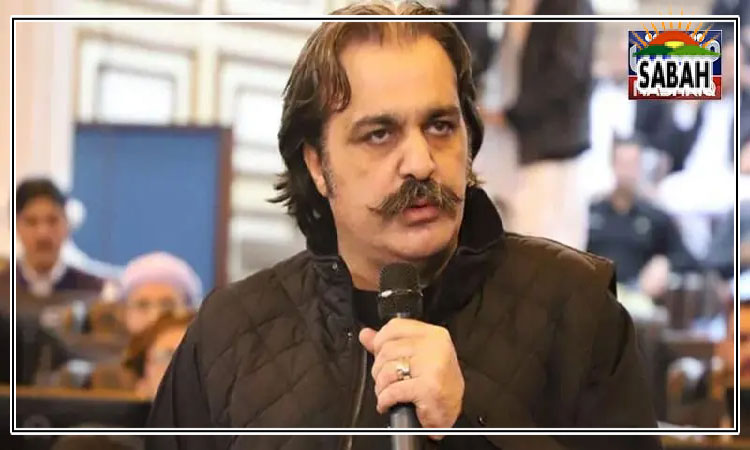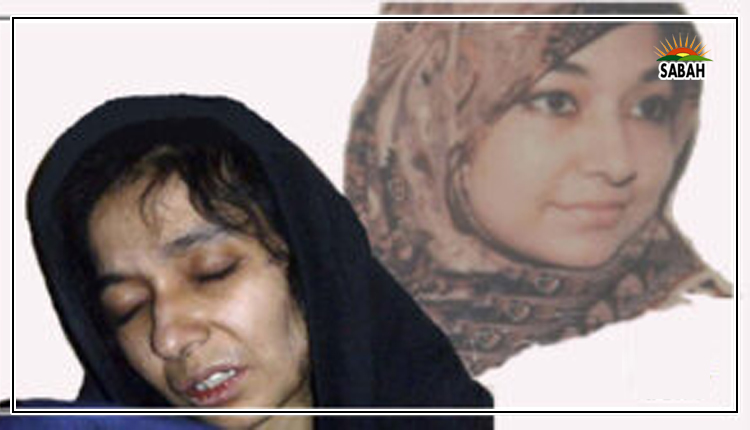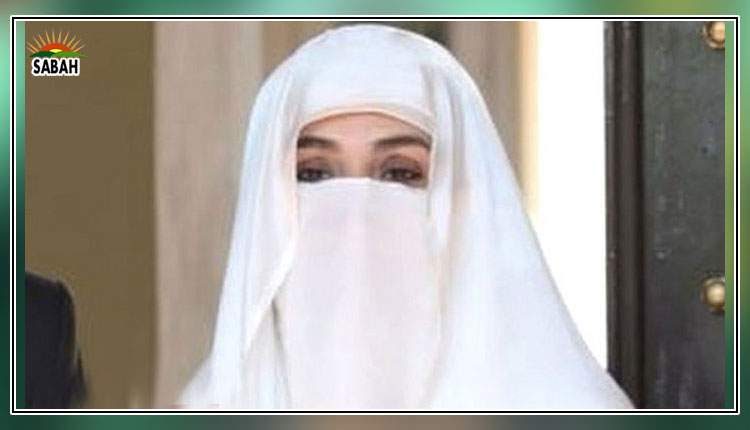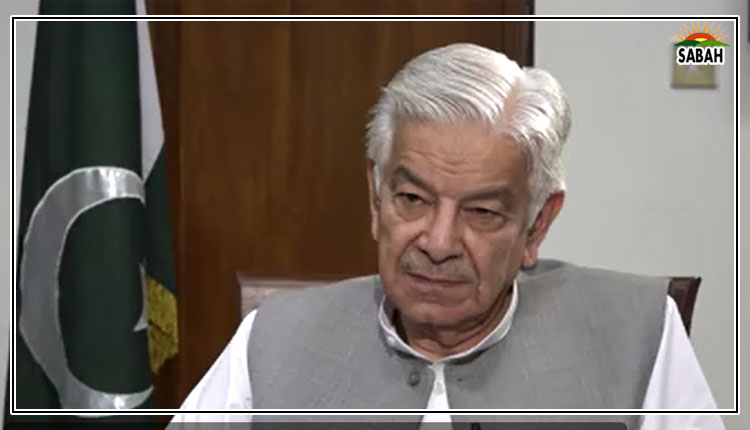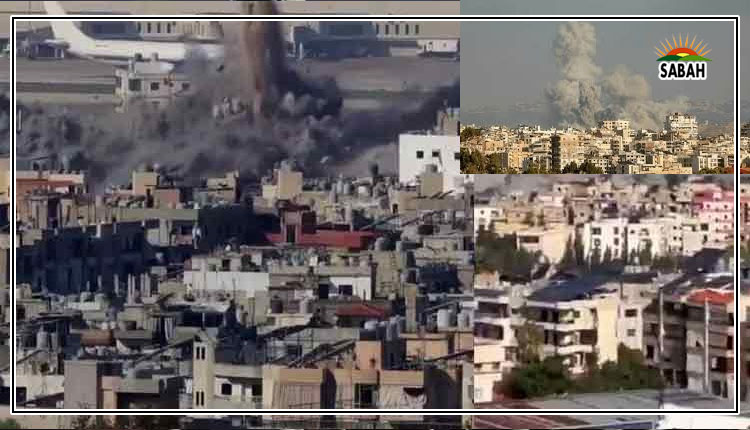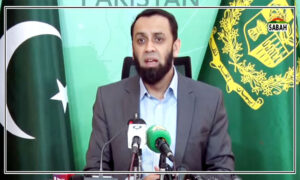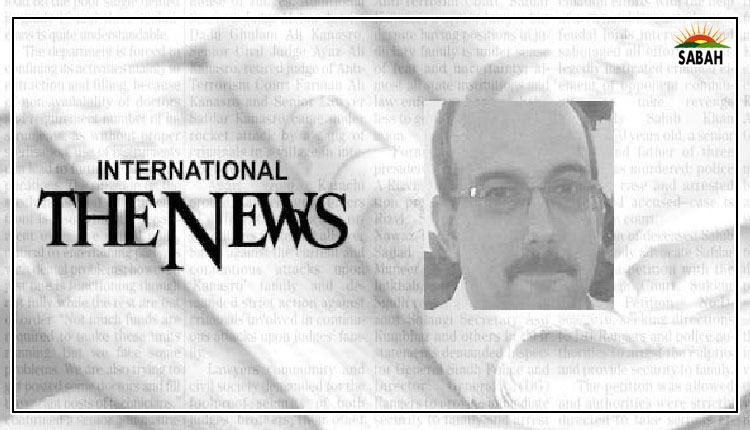The rise of an intolerant society… Dr Naazir Mahmood
How did we become so brutally intolerant? What led us to this despicable state? Over the last couple of months, Pakistan has reported violence against Christians, desecration of a Hindu temple, and destruction of places of worship of the Ahmadi community. All of these incidents were followed by condemnations and other cliches.
We see our rulers including the civil and military bureaucracy acting as naive bystanders amazed at the declining tolerance in society. They pretend as if they do not understand whatever is happening and have no clue about who is responsible for this. They feign ignorance about how our people have turned into an intolerant mob who can kill, maim and mutilate, and target vulnerable minorities at the slightest provocation sometimes, even without any provocation. Our decision-makers also wonder how to reverse the trend.
Lets have a brief recap of what we as a country, nation, and society have been doing. This is imperative for a proper diagnosis without which no remedy is likely to help.
Whatever is happening in the country has its roots in a century-old story that started in the 1920s when our leaders began using religion for political ends. The Khilafat Movement was perhaps the first major agitation that treated the disintegration of the Ottoman Empire as an attack on the religion though Kemal Ataturk (the dynamic leader of the Turks) himself abolished the caliphate.
By the 1940s, the Khilafat Movement had disappeared, but there were many more excuses to use religion for political purposes. Anyone who disputed the dominant narrative of the Muslim League got the moniker of being anti-Muslim. Later, the grave tragedies witnessed during Partition did not dampen the religious zeal of those who still kept using religion for their immediate advantage both economic and political.
The introduction of the Objectives Resolution in 1949 was a major milestone that set the tone for a society that was taking shape. A majority of objections to the various constitutional drafts and proposals were mostly religious in nature.
In the 1950s, conservative and exclusionist groups gained momentum with ample support from those in power, whereas inclusive and enlightened segments of society became a target of the state machinery dominated by the civil and military bureaucracy.
Targeting religious minorities became a useful tool to not only divert the attention of ordinary people but also push Pakistan to a religious frenzy that civil and military leaders thought was enough to keep the nation ready for a holy war that could start any moment. Inclusive and progressive leaders like Bacha Khan, Bizenjo, Faiz Ahmed Faiz, Hasan Nasir, Iftikharuddin, Mengal, Suhrawardy, Wali Khan, and many others became a target of state machinery.
Till 1965, the zeal to fight against infidels was not so profuse. The 1960s may have been a decade of development as some Ayub apologists would like us to believe, but it was more of a period when nationalism, patriotism and religiosity were mixed to form a toxic brew that equated non-Muslims with infidels liable for extermination.
The early 1970s were even more disastrous as the genuine demands of Bengalis in East Pakistan for their due share in power became an anathema for the ruling junta of General Yahya Khan whose cronies projected it as a battle between Muslims and infidels.
The junta told people in West Pakistan that Hindus were influencing Bengalis to fight against the state of Pakistan. Even in our government-approved Pakistan Studies textbooks, the separation of East Pakistan appears as a conspiracy by non-Muslims. There were constitutional amendments and more laws that reduced the breathing space for other religious groups and sects. From ZA Bhutto to General Ziaul Haq, there was a steady stream of laws that restricted religious freedom and transformed our society into a place where extremism prospered. Then we wonder why Pakistanis have become so intolerant of people from different religions.
The late 1970s introduced even more religiosity in society with Gen Zia harbouring intentions to rule forever and disguising his malafide aims behind his sermons. He pontificated for hours, exhorting the people of Pakistan to look at every move in society through the lens of increasing religiosity. His mutilations of the constitution and introduction of new laws that pretended to purge society of evils led us to the abyss we have fallen into. From the Ministry of Education to the Ministry of Information, Gen Zia filled his government with people who kept feeding the spirit of religious wars to the people of Pakistan.
With the advent of the Soviets in Afghanistan, General Zia offered his services to the US and other Western powers to fight the holy war. Education, media and most state institutions inculcated in people a spirit to fight for religion and secure a place in heaven. State-owned PTV produced dramas around these themes, and film directors received special support from the state if they propagated the themes of holy wars against infidels and idealized warriors. The mujahideen graduated from seminaries with full state patronage.
The 1990s could have reversed the trend or at least put some brakes on the processes of radicalization in society but by the middle of the decade we had a new darling in the shape of the Taliban. As if the mujahideen were not enough, we had new religious warriors who proved to be more ruthless. Even when they played with their victims heads and attacked children, the elderly and women, all was kosher. General Musharraf could have eliminated the Taliban, but preferred not to. It took another decade and an APS carnage before a decisive action took place against the terrorists.
In the meantime, the doses of extremism kept increasing in society through various proxy groups who were ready to serve the purpose. The Imran Khan project increased toxicity in society by using an even more intolerant tone. Had it not been for the May 9 terror, this project would have continued, waiting to re-emerge with a vengeance.
Even after the removal of the PTI government through a no-confidence motion, the new governments style was no different from the Imran-Parvez formula of injecting more radicalization in society. The laws that the outgoing government passed in quick succession prove this point. Some of these laws are likely to contribute even more to religious extremism in society. The transformation of education especially in KP and Punjab in the last few years, the regurgitation of religious superiority and misplaced priorities have all twisted the mentality of this nation, and we are refusing to recognize and take remedial measures.
Two solutions are likely to help, but they are unlikely to receive a positive response from our rulers and radical elements in society. One, we must purge our constitution and legal tomes from discriminatory laws and injunctions. Two, religion is a personal matter and not a social issue. Each individual must have the freedom to practise his/her religion and the state should not have anything to do with it. The more we tolerate radicalization in society, the harder it will become to extricate the country from this mess.
The excessive use of a fundamentalist narrative pushes society to extremism. This has kept us in a perpetual state of war, if not with others then within our society. Enough is enough. We need to put an end to this.
Courtesy The News


